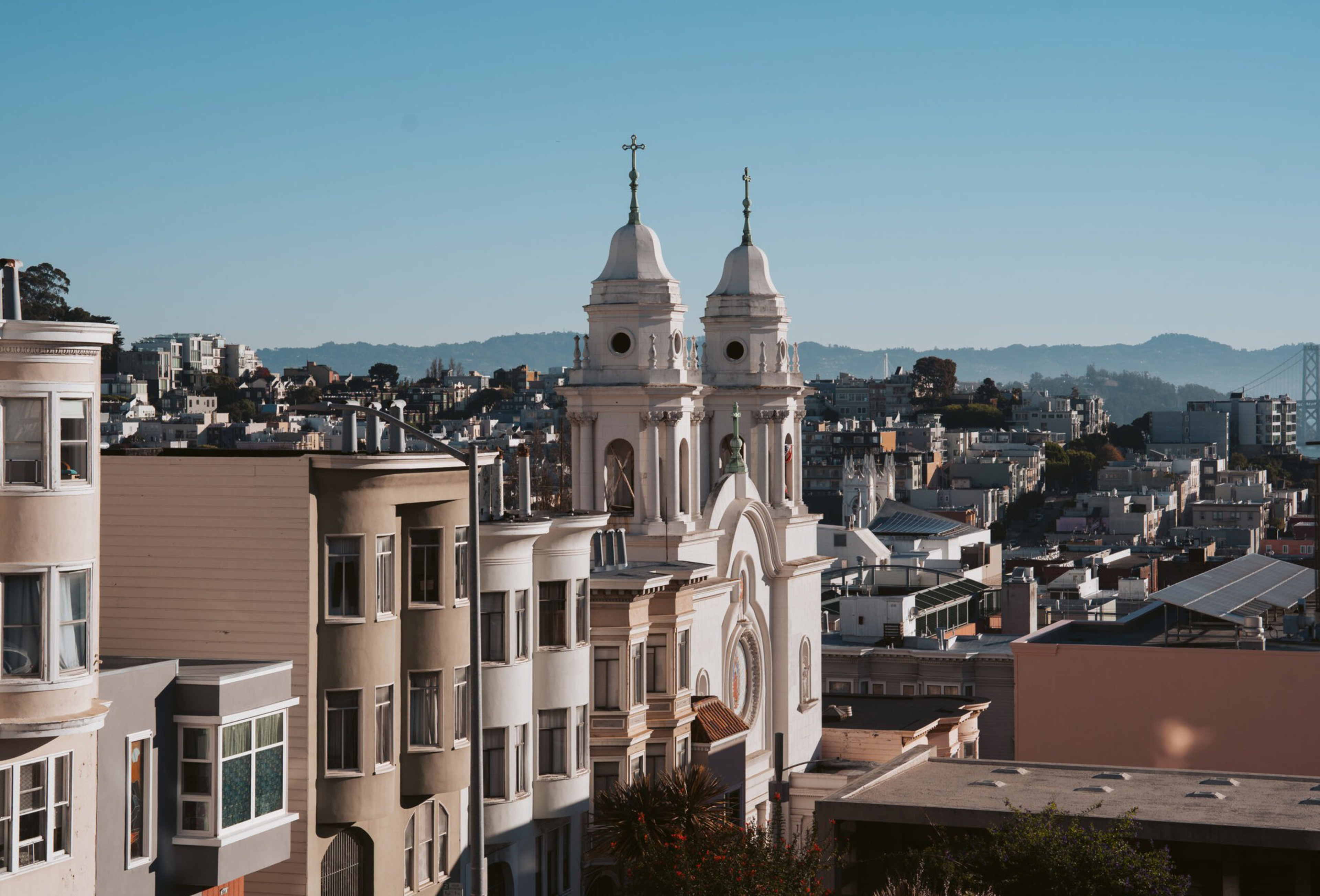What happens when you set up a venture firm in San Francisco, manage investments for a sanctioned Russian oligarch, and leave the U.S. government on read?
You get slapped with a $215 million fine.
The Office of Foreign Assets Control on Thursday imposed the penalty on GVA Capital for violating Russia-related sanctions and failing to comply with a subpoena.
From 2018 to 2021, GVA Capital “knowingly managed an investment for sanctioned Russian oligarch Suleiman Kerimov while aware of his blocked status,” according to OFAC, a division of the U.S. Department of the Treasury responsible for enforcing sanctions.
Kerimov, who is worth an estimated $16.4 billion, made most of his fortune by investing in Polyus, a Russian company that is the world’s largest gold producer. He represents the Republic of Dagestan in the Federation Council of Russia and is considered a close ally of President Vladimir Putin.
In the 2010s, Kerimov funneled millions into the Bay Area’s white-hot tech scene through GVA Capital. Founded in 2011 as the U.S. investment arm of Moscow-based Global Venture Alliance, GVA Capital is registered in the Cayman Islands and based in San Francisco. It once described itself as “not your daddy’s typical VC firm.” Its website touts investments in early-stage startups and international connections, without naming the source of its funds. GVA Capital has $120 million under management, according to Crunchbase.
The firm was founded by Magomed Musaev and Pavel Cherkashin, who traveled to France in 2016 via Kerimov’s private jet to secure his approval for investments.
Then, GVA Capital began using an elaborate web of shell companies to distribute $28 million from Kerimov, The Standard revealed in a 2022 investigation based on court filings and offshore company databases.
Kerimov’s most notable investments through GVA Capital include a self-driving car technology company and a defunct Russian Hill church converted into an incubator that Cherkashin dubbed the “Startup Temple.” The business failed during the pandemic and derailed then-Supervisor Aaron Peskin’s efforts to turn the space into a homeless shelter.

In 2018, the United States sanctioned Kerimov in retaliation for the Kremlin’s “malign activity around the globe,” freezing his U.S.-based assets and prohibiting others from facilitating transactions with them. However, the government alleges, GVA Capital continued managing Kerimov’s investments through his nephew, who acted as his proxy.
After Russia’s invasion of Ukraine in 2022, the U.S. blocked Kerimov’s access to Heritage Trust, a Delaware trust fund valued at more than $1 billion that held his investments.
GVA Capital appears to have shrunk since the late 2010s. Cofounder Musaev is no longer listed on the website, and two others listed no longer work at GV Capital, according to their LinkedIn profiles. In 2018, more than a dozen people worked at the firm, according to an archived version of its website.
Cherkashin could not be reached for comment.
One former venture partner, Varvara Corcos, who worked at GVA Capital for more than two years, according to her LinkedIn, now has ties to the Department of Government Efficiency and the Treasury Department. Her husband, Sam Corcos, a Y Combinator alum and the founder of health startup Levels, is embedded in the Treasury Department through DOGE and reportedly has been seeking private taxpayer information from the Internal Revenue Service.
